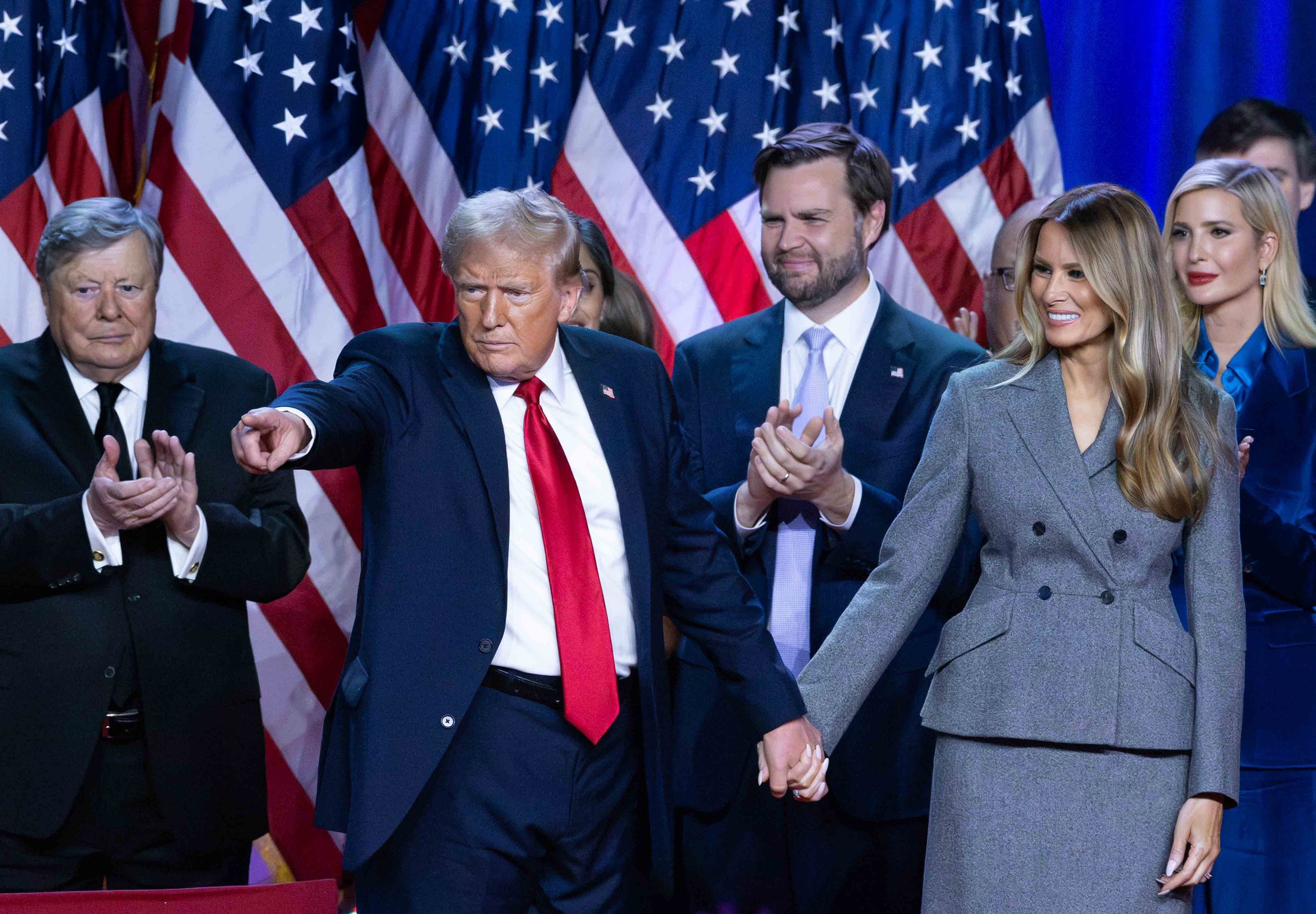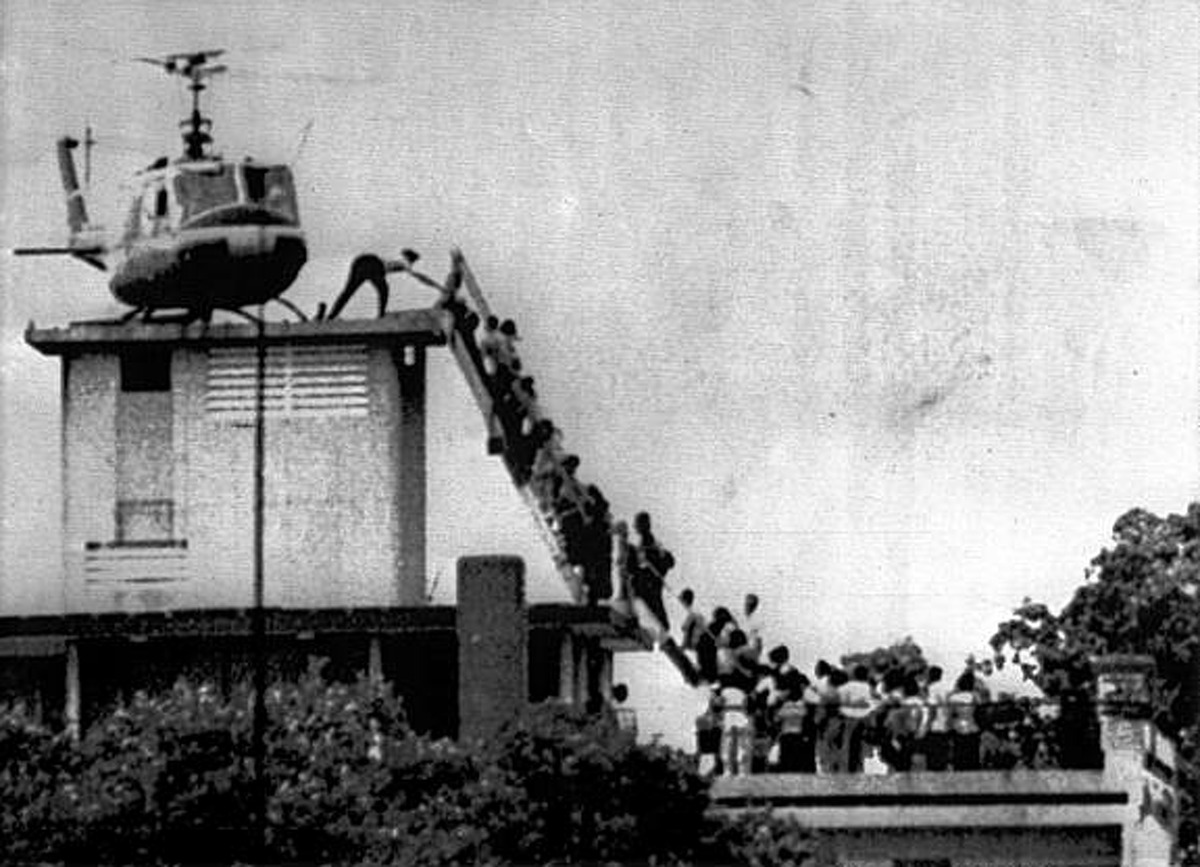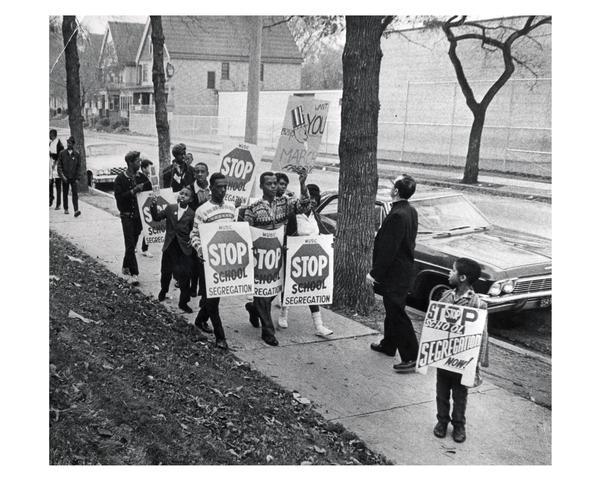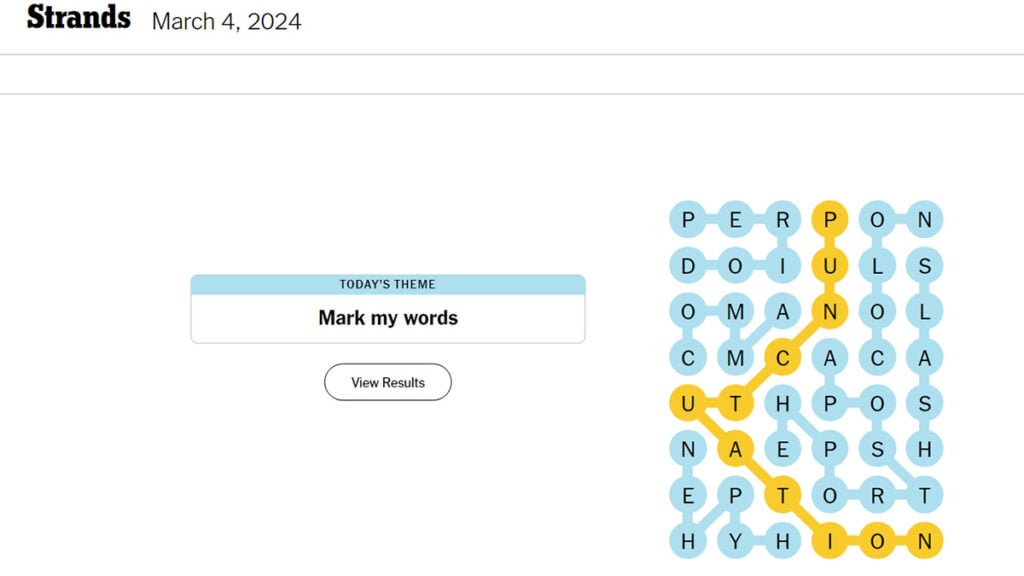Legal Fight: Trump's Tariffs And The Limits Of Judicial Review

Table of Contents
The Legal Basis of Trump's Tariffs
The legal foundation for Trump's tariffs largely rested on Section 301 of the Trade Act of 1974. This act grants the President broad authority to investigate and take action against foreign trade practices deemed unfair or discriminatory. Trump's administration invoked this section to justify tariffs on a range of goods, most notably steel and aluminum imports from various countries, and significantly, a series of escalating tariffs on goods imported from China.
Arguments for the Tariffs' Legality
Proponents of the tariffs argued that they were necessary and legal for several reasons:
- National Security Concerns: The administration claimed that certain imports, particularly steel and aluminum, posed a threat to national security. This argument, while controversial, found a basis in the broad interpretation of Section 301.
- Addressing Unfair Trade Practices: Tariffs were presented as a response to alleged unfair trade practices by other nations, such as dumping (selling goods below market value) and the theft of intellectual property. The administration pointed to specific instances of these practices as justification for retaliatory tariffs.
- Example: The tariffs on Chinese goods were partly justified by accusations of intellectual property theft and forced technology transfer.
- Promoting Domestic Industries: Supporters argued that the tariffs protected American industries from foreign competition, fostering domestic job creation and economic growth. This protectionist approach aimed to revitalize struggling sectors.
- Example: The steel and aluminum tariffs were intended to protect domestic steel and aluminum producers from cheaper imports.
Challenges to the Tariffs' Legality
Opponents of the tariffs mounted significant legal challenges, arguing:
- Violation of International Trade Agreements: Critics contended that the tariffs violated the rules of the World Trade Organization (WTO), specifically the principle of non-discrimination. These claims alleged that the tariffs were discriminatory and lacked transparency.
- Exceeding Presidential Authority: Legal challenges questioned whether the President's authority under Section 301 extended to the breadth and scope of the tariffs imposed. These challenges focused on the lack of sufficient evidence for national security claims and the excessive nature of the tariffs.
- Inflicting Economic Harm on Consumers and Businesses: Opponents highlighted the economic repercussions of the tariffs, arguing that they raised prices for consumers, harmed businesses reliant on imported goods, and disrupted supply chains.
- Example: Increased costs for steel and aluminum impacted various downstream industries, leading to job losses and higher prices for consumers.
Judicial Review of Trade Policy
The judiciary plays a crucial role in reviewing executive branch actions, including trade policy. However, the standard of review applied to trade policy decisions often involves significant deference to the executive branch’s expertise, particularly in matters of national security.
Cases Challenging Trump's Tariffs
Several cases challenged Trump's tariffs in various courts:
- Case Example 1: [Insert Case Name and Citation] – This case challenged [specific tariff] on grounds of [legal argument]. The court ruled [outcome], citing [legal rationale].
- Case Example 2: [Insert Case Name and Citation] – This case focused on [specific aspect of tariffs], arguing [plaintiff's argument]. The court's decision was [outcome], based on [legal reasoning].
- Bullet Point Summary: The cases highlight the differing approaches of courts in evaluating the legal justification and economic impact of the tariffs.
Limitations on Judicial Review
Judicial review of trade policy faces significant limitations:
- Political Question Doctrine: Courts may deem certain trade disputes as "political questions," unsuitable for judicial resolution, due to the inherent political nature of trade negotiations and policy.
- Judicial Deference: The principle of judicial deference means courts tend to give significant weight to the executive branch's expertise in trade matters, making it difficult to overturn trade decisions based on differing economic or policy assessments.
- Separation of Powers Concerns: Judicial intervention in trade policy could be perceived as infringing on the executive branch's constitutional authority in foreign affairs and trade.
Economic Impact and Public Opinion
Trump's tariffs had a complex and multifaceted economic impact. While some domestic industries benefited from increased protection, others suffered from higher input costs and reduced market access.
Winners and Losers from the Tariffs
- Winners: Certain domestic industries, like some steel and aluminum producers, experienced short-term gains due to reduced competition.
- Losers: Businesses dependent on imported goods faced higher costs, leading to price increases for consumers and reduced competitiveness. Farmers and manufacturers relying on export markets also suffered due to retaliatory tariffs imposed by other countries.
The Political Landscape
The tariffs fueled significant political debate, impacting public opinion and shaping the narrative of trade policy. Media coverage and public discourse were highly polarized, with strong support from some sectors and equally strong opposition from others. The tariffs also significantly strained trade relationships with key economic partners.
Conclusion
The legal fights surrounding Trump's tariffs highlight the complex interplay between presidential authority, international trade law, and the limits of judicial review. The cases examined reveal the difficulties courts face in assessing the legality and economic impact of complex trade decisions, particularly when national security concerns are invoked. While some legal challenges yielded partial successes, the broader questions surrounding judicial oversight in trade policy remain open for debate and further legal scrutiny. Understanding these legal fights involving Trump's tariffs is crucial for informed discussion about the evolution of US trade policy and the balance of power between the executive and judicial branches. Further research into the lingering effects of these trade policies is vital to fully comprehend their lasting consequences and the ongoing debate surrounding the limits of judicial review in this critical area.

Featured Posts
-
 Office365 Security Failure Hacker Profits Millions From Executive Account Breaches
May 02, 2025
Office365 Security Failure Hacker Profits Millions From Executive Account Breaches
May 02, 2025 -
 Fifty Years After Saigon Courageous Acts Of Us Military Personnel
May 02, 2025
Fifty Years After Saigon Courageous Acts Of Us Military Personnel
May 02, 2025 -
 Decades Long School Desegregation Order Terminated A Turning Point
May 02, 2025
Decades Long School Desegregation Order Terminated A Turning Point
May 02, 2025 -
 2024 Glastonbury Frustration Mounts Over Overlapping Performances
May 02, 2025
2024 Glastonbury Frustration Mounts Over Overlapping Performances
May 02, 2025 -
 Tulsa Schools Closed Wednesday Weather Related
May 02, 2025
Tulsa Schools Closed Wednesday Weather Related
May 02, 2025
Latest Posts
-
 Nyt Strands April 10th 2024 Game 403 Hints And Answers
May 10, 2025
Nyt Strands April 10th 2024 Game 403 Hints And Answers
May 10, 2025 -
 Nyt Strands April 12th 2024 Solutions Game 405
May 10, 2025
Nyt Strands April 12th 2024 Solutions Game 405
May 10, 2025 -
 Solve The Nyt Strands Puzzle April 9 2025 Clues And Answers
May 10, 2025
Solve The Nyt Strands Puzzle April 9 2025 Clues And Answers
May 10, 2025 -
 April 9th Nyt Strands Puzzle 402 Hints And Answers
May 10, 2025
April 9th Nyt Strands Puzzle 402 Hints And Answers
May 10, 2025 -
 Nyt Spelling Bee April 1st 2025 Find The Pangram And All Answers
May 10, 2025
Nyt Spelling Bee April 1st 2025 Find The Pangram And All Answers
May 10, 2025
